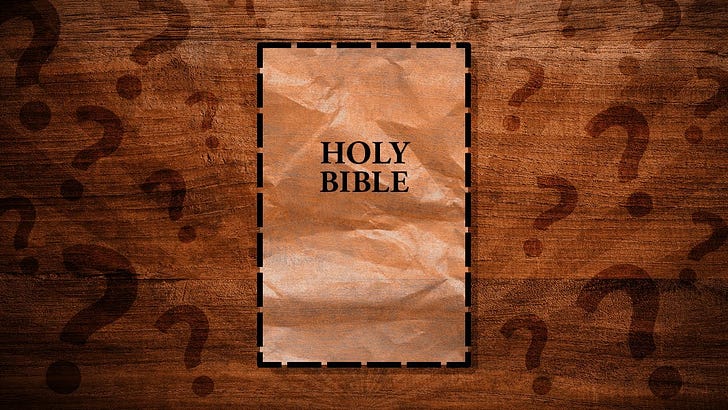How Did We Get The Bible?
There are many misconceptions that surround the canonization process of the Bible. As is the wont of modern westerners, many today project their modern understandings backwards onto those who lived nearly 2000 years ago. For example, the word “canon” is used today as a black or white term: canon or not canon. Many Protestants assume this framework when arguing against tradition, and many Catholics assume their current understanding of the papacy in the canonization process. However, this is simply not how the early Christians saw things. While this discussion is not primarily intended to be a polemic against Protestantism or Catholicism, it is an attempt to provide an Orthodox understanding of Church history and correct the record on exactly how the Bible came to be over the centuries. I aim to do this by explaining the process of the Bible’s canonization in its historical context. As such, I will be relying heavily on the incredible work done by Fr. Stephen De Young in his book, “The Whole Counsel of God” (not to be confused with the podcast, which is also incredible), as well as a few articles which will be referenced in the description. Let’s begin with the OT.
Old Testament Canon
The canon of the OT was received a bit differently by Christian communities than the canon of the NT. Instead of one single formalized canon, Christians simply preserved what they had received from their local communities. To the ire of some, the difference in OT canons continues to this day. For example, Protestants accept the Jewish canon popularized by Josephus, which consists of 22 books. Today this number can be understood as 39, because the 22 number is simply referring to books that were condensed in Hebrew. For example, the 12 minor prophets are condensed into one book, any book that has a “one” or “two” in front of it was originally one book like 1 & 2 Samuel, so on, so forth.
Keep reading with a 7-day free trial
Subscribe to The UNTO AGES Substack to keep reading this post and get 7 days of free access to the full post archives.



